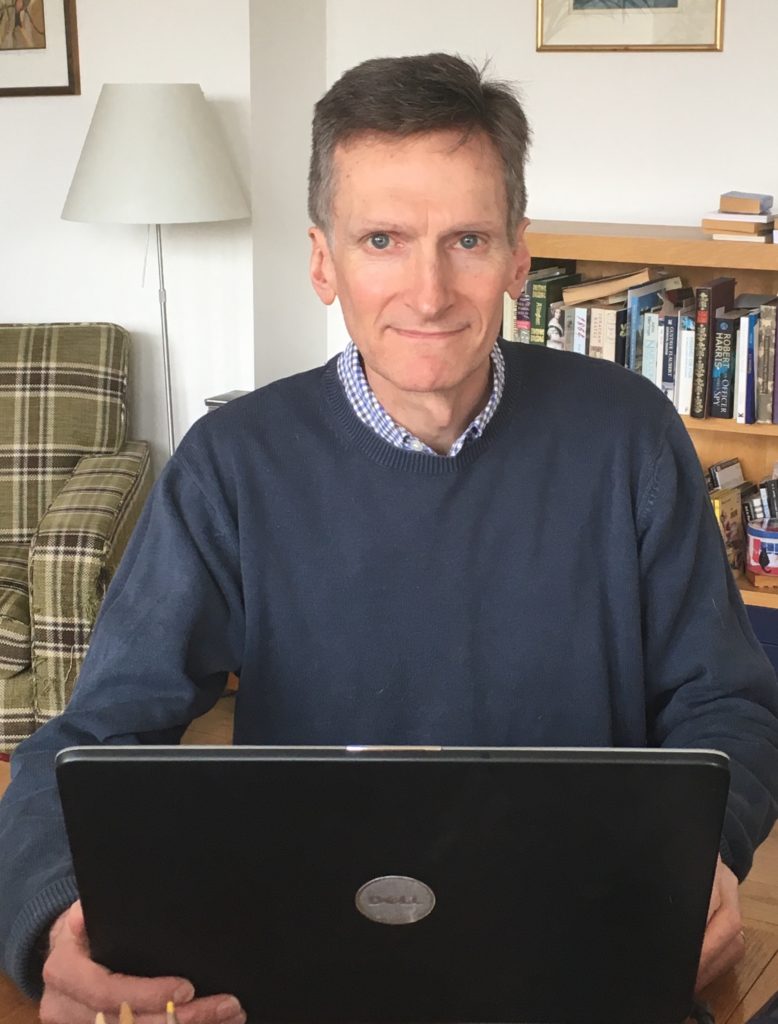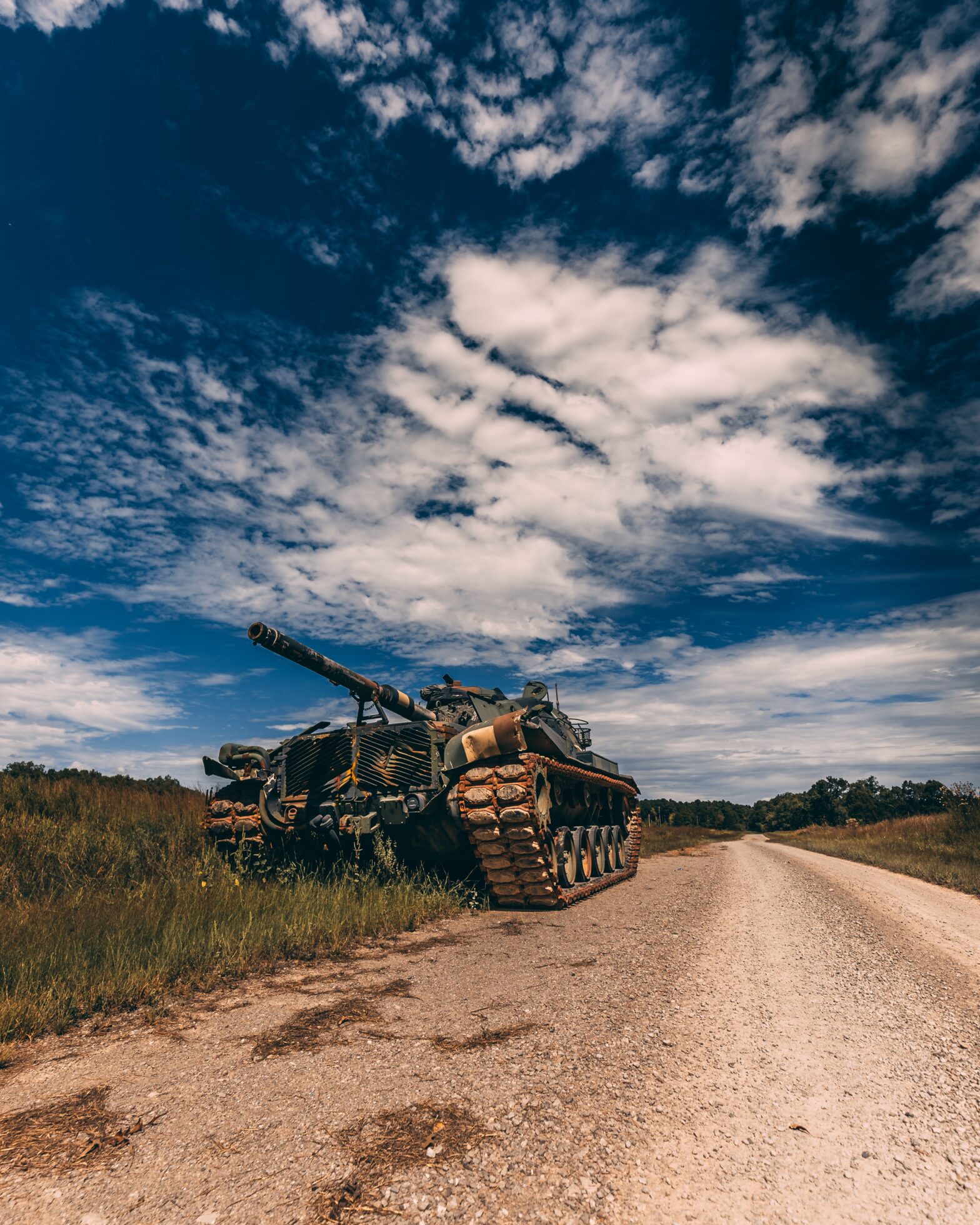19 May 2022
A New European Project
And yes, the UK is involved.
By Neil Tidmarsh

In 2012, Brussels and Kiev negotiated an Association Agreement treaty between the EU and Ukraine. Encouraging a neighbouring country towards the independence, freedom and rule of law it craved was a brave and noble effort on the part of Brussels. Some critics said that it was also a rash and foolish effort; it was poking the Russian bear in the eye and that fierce beast was bound to react, so the EU might find itself having to handle heavy responsibilities and hazardous consequences.
And so it happened. In 2013, Ukraine’s President Yanukovych, no doubt under pressure from Moscow, suspended the EU/Ukraine Association Agreement and wouldn’t sign it. This precipitated the Euromaiden Revolution, overthrowing Yanukovych and bringing in new elections and a new government in 2014 which did sign the Agreement. The very next month this, in turn, precipitated Russia’s annexation of the Crimea and the Moscow-backed insurgency in eastern Ukraine. And with terrible logic, this has of course led to Russia’s wholesale invasion of Ukraine.
So there have indeed been hazardous consequences to that Agreement and the EU does indeed now have a heavy responsibility on its hands – a responsibility to help Ukraine to win this war. And there are other reasons why the EU should help Ukraine to defend itself: Ukraine is fighting for the very ideals which the EU claims it represents; and Ukraine is the front line in a war which threatens all the rest of Europe. So how is the EU matching up to these responsibilities?
EU leaders voiced a wholehearted solidarity with Ukraine as soon as the invasion was launched. They have promised material support in the armed struggle and have recognised the need to free themselves from dependence on Russian energy. Some material support has been forthcoming, but “the sad reality is that beneath all the rhetoric, the photo opportunities and recycled pledges, the EU continues to prevaricate” wrote Dr Eoin Drea, the senior research officer at the Wilfred Martens Centre for European Studies, in POLITICO this week. “In fact, if Ukrainians were relying on the EU alone, the war might already be over.”
This prevarication is peculiarly evident in the two countries which form the political and economic core of the EU – Germany and France.
Germany has sent considerable military aid to Ukraine, but Chancellor Olaf Scholz is hampered by the pro-Russian traditions of his own Social Democrat Party and by his country’s reliance on Russian gas and oil. He appears to be dithering about sending heavier aid such as the Marder and Leopard 1 fighting vehicles and the Panzerhaubitze 2000 self-propelled howitzers, much needed in Ukraine. Ukraine’s President Zelensky lambasted the Bundestag recently with the accusation that this prevarication “is all about business, business, business”. All this is to the frustration of Scholz’s own coalition partners (the Greens and the Free Democratic Party) who are urging him to do more, and to his own electorate which gave his party a drubbing in local elections last week in protest.
France is the EU’s most powerful member militarily, and its only nuclear force, but it “remains largely unforthcoming on military aid” (Dr Eoin Drea). As reported in The Times this week by its Paris correspondent Charles Bremner, the French are sympathetic towards the plight of Ukrainians but seem to think that the war is not necessarily their business – French media and politicians have taken to referring to the war as “the American war”, in line with the country’s image of itself as traditionally unaligned with the USA and antipathetic to it. In spite of being lied to and humiliated by Putin, President Macron continues to present himself as some sort of honest broker, a neutral go-between in this war. But France and Macron are not and cannot be neutral; as an EU member state and a member of Nato, France has moral if not legal commitments, duties and responsibilities towards Ukraine which include helping Ukraine to win this war. Zelensky made his opinions about France, its president and these duties clear this week in an interview on Italian television.
Nato of course shares this responsibility with the EU, but not to the same degree: the annexation of the Crimea etc can’t have been provoked by the possibility of Ukraine joining Nato, because only a month earlier the Ukraine government had ditched plans to join Nato and had insisted that it would remain non-aligned. Putin and Lavrov are intelligent men of the world who know that Nato is a purely defensive organisation and that it would have nothing to gain from war with Russia (which might explain their muted reactions to the Swedish and Finnish moves this week ), however well the Nato threat may play for internal propaganda. What they fear isn’t Nato’s rockets but Europe’s ideals of freedom, independence and the rule of law taking root on Russia’s doorstep. The USA is doing its best to protect Europe, as always, because certain European countries are incapable or unwilling to do the job themselves.
A number of EU countries, however, are doing all they can to help Ukraine. Brussels considers the EU’s eastern European members such as Poland, Slovakia and the Czech Republic to be inadequately committed to the EU’s ideals; and yet, ironically, it is just those countries (along with the other eastern European members Estonia and Lithuania) which are doing the most to defend them. And their help is being enabled and given practical support not by Brussels and the EU but by Britain and the USA. These eastern countries, in the front line themselves, have felt secure enough to pass meaningful material such as tanks and air defence systems on to Ukraine only because the USA is replenishing and modernising their military stocks as they become depleted.
With Sweden and Finland applying to join Nato, a new partnership of European countries seems to be emerging; an informal, co-operative group of northern and eastern countries which includes Britain, Sweden, Finland, Poland, Slovakia, the Czech Republic, Estonia, Lithuania and, given time, no doubt Ukraine; a group prepared to fight for European values and which recognises the necessity of US support, is grateful for it and at the same time is determined to pull its own weight; a grouping which is not the EU as its primary purpose is defence, but is not Nato either because co-operation could potentially expand into spheres other than defence. This can only be a good thing for Europe; after all, diversity is the West’s super-power.
Even more than the previous crises which Brussels has had to deal with – the refugee crisis, the credit crunch, the euro crisis – the Ukraine war is making the EU look hamstrung and almost irrelevant. For those who lament that the current European project has run out of steam, the signs of a new one emerging from the north and east of the continent is good news. This week President Macron announced that his party is changing its name to “Renaissance”, but it seems that the most significance renaissance taking place in Europe at the moment has little to do with him, his country or the EU.


